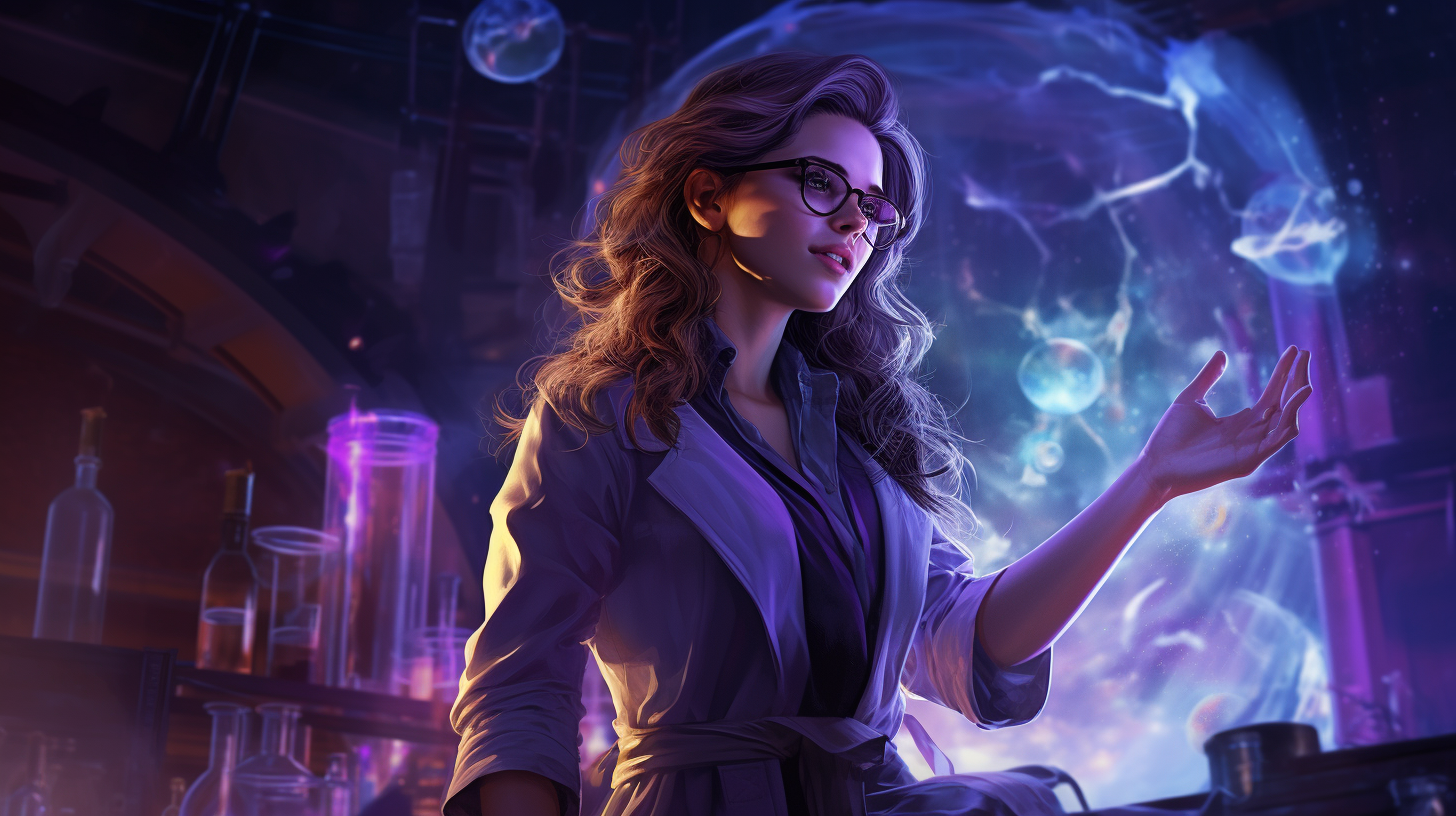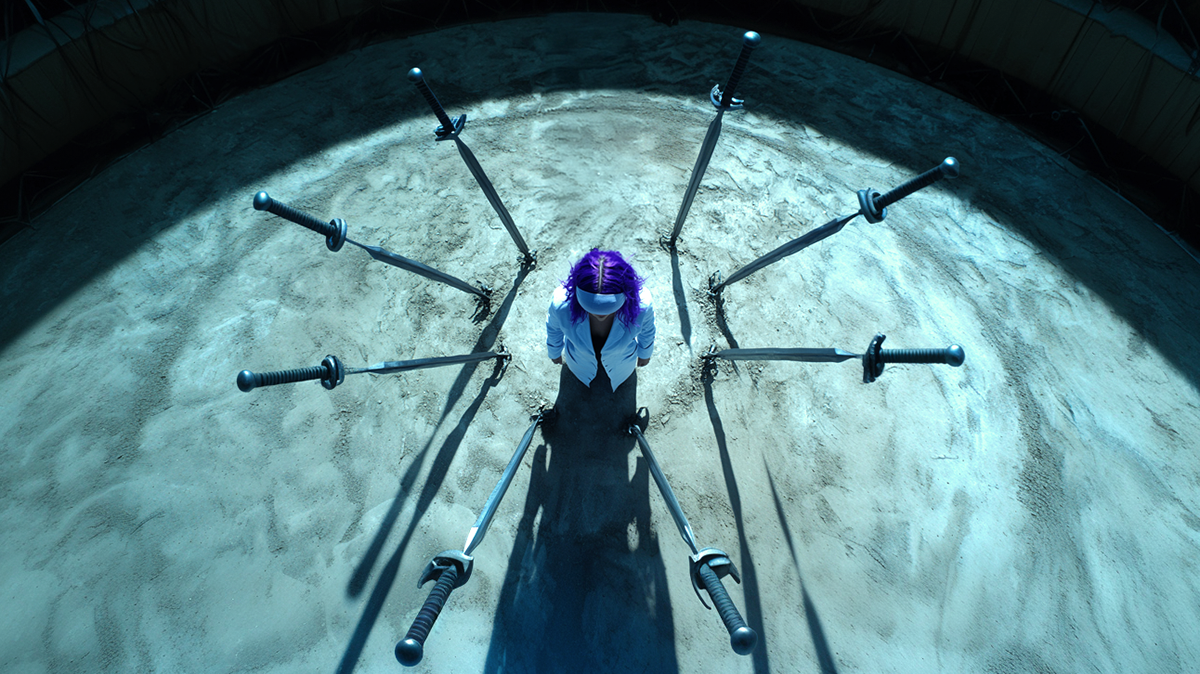Society Must Operate as an Immune System
I hope my community grows exponentially - like a virus

My son fell sick last December. I tried my best not to succumb, and although I felt I put up the good fight, I also fell sick shortly after. My version of the illness was a deep chest cold and ragged throat.
Despite trying to rest, I could not shake the cold. Instead, I coughed for weeks. Videos published in December bear witness to my long struggle with this cold (thank the Goddess for the mute button).
An even worse illness ran through our household a couple weeks ago. Every night, I clenched up listening to my wife and son cough.
But in the end, I am glad my son got sick.
The last statement isn't schadenfreude - any parent with a child in public school knows a cold can burn through a classroom faster than hay bales at a Burning Man rave. But as much as those colds take away from my family's life, they are a critical part of growing up as well as growing healthy.
A child can grow older without growing vital. Health care professionals acknowledge Americans suffer from obesity and auto-immune diseases almost to epidemic proportions. While the juxtaposition of Western medicine to the poor health of Western society puzzles social pundits, any student who took an immunology course could explain it.
The primary directive in immunology is best summarized as "what does not kill me makes me stronger."
Strength of a human
When Friedrich Nietzsche penned his immortal words, he spoke of emotional pain and social depravity, not of physical illness. That is, when life's difficulties presented, Nietzsche considered it "clever" to welcome them. Through hardship, we are given the opportunity to discover the limits of our capability - and to improve that capability in response.
Our emotional capability, similar to a body's muscles, develops only if we receive stimulus in the form of suffering, and the body's immune system is similar. As a body is infected with an invader - whether bacterial or viral - there is a no discernible response at first. But the body, despite appearances, has entered a state of overdrive, identifying the invader and building cells that can attack the invader and overcome it.
An antibiotic is effective not only for its antimicrobial properties. The body requires time and experience to learn how to battle an invader. An antibiotic can provide precious time for the immune system to complete its work by inhibiting an invader's ability to reproduce.
Each human body is a marvel of biological ingenuity - its ability to create antibodies alone is impressive. But our bodies have another trick: the immune system develops a memory of sorts. If the body has successfully fought off an invader, it can respond to the same invader more quickly the next time it encounters it.
See a forest for its germs
Empirical observation of the immune system's memory led to Jonas Salk's initial methodology in developing a polio vaccine. If the body can be taught to fight a dead polio virus, it becomes equipped to fight a live polio virus. The immune memory lasts virtually forever.
Seventy years ago, the thought was revolutionary. That a vaccine has become ho-hum news is a testament to the efficacy of many treatments given to children today.
To return to my son, his early vaccinations equipped him to defeat polio, measles, mumps, rubella, and diphtheria. Unfortunately, he is not equipped to defeat the common cold virus, which is capable of mutating rapidly enough to fool almost any body. And that is why I am glad my son got sick - his body had to fight off an invader, and the battle strengthened his immune system.
Many research studies indicate children who play in nature - especially in a forest - develop a more agile immune system, resulting in quicker and stronger immune responses. The sheer diversity of invaders in a forest dwarfs what can be picked up in a public school classroom.
But why all this talk of infection and forests? Didn't the title say something about society?
Evolution of a culture
For a human, not challenging the immune system leads to its eventual weakening, leaving the human more susceptible to infection. Normal operation of the immune system entails cyclical weakening, infection, and strengthening.
Healthy humans - in a mean twist of irony - need to get really sick once in a while and endure constant minor attacks if the immune system is to be kept strong.
Remaining healthy is a continuous, depleting struggle. The human body does not emerge from an illness unchanged. A single human bears scars and memories of the battles they faced.
Likewise, an organization composed of humans - from a burgeoning marriage to an entire culture - must be attacked from within if it is to remain agile. A culture challenged to change must find a way to emerge stronger.
But the human immune system has only one mode - to destroy the invader and re-establish equilibrium in its eradication. Equilibrium in the immune system is defined as the absence of invaders.
In contrast, a society or culture is best served not by destroying the humans who challenge existing social expectations, but by modifying social expectations as human understanding of the Universe and our role in it evolves.
A plague upon society
Judith Butler called the process of cultural evolution creating "social constructs." That is, words gain meaning and value by their application and ongoing use in a society. In this way, social norms are reinforced or replaced as words gain or change meaning.
Butler's theory of gender hinges on this concept and the adaptation it fosters within the social environment. We observe evolution within social norms every day: where Fred MacMurray was held up as a quintessential man in the 1950s, he would be ridiculed by bro culture today.
We in the LGBTQ community challenge social norms. We investigate whether they make sense for every human and contradict them where appropriate.
On a daily basis, my existence challenges the notion of what defines a woman. The answer, Matt Whatsyaface, is how the majority of members of a society identify a woman, and no amount of humiliating academics is going to instate your wishes as reality.
The concept is not static. It's nebulous. It's fluid. Social roles are contextual to time and social environment. They change constantly, and those who choose not to change may find themselves in the minority when enough challenges to the establishment exist.
Like an immune system, a social environment requires challenge to remain strong. It must continually absorb the challenges as new or updated social norms.
Failure of a culture to evolve will ultimately sign its death warrant in the pages of history. We need not search far back in the pages of archeology to find cultures unable to adapt to change.
Western society, despite a common belief in its pinnacle of human achievement, is not immune to the common cold of social stagnation.
I am an exit
As a final allegory, I wish to describe the trypanosoma brucei bacteria. Carried by the tsetse fly, the bacteria is responsible for trypanosomiasis - also known as "sleeping sickness."
The bacteria is capable of mutating quickly enough to prevent the host from battling it successfully. Those infected lapse into unconsciousness as their bodies attempt - and fail - to keep up. When I studied the infection as an undergraduate, there was no known cure. Even today, treatment is expensive and can be risky.
The human body does not possess a mechanism to incorporate an invader into its immune system or the greater organism. It destroys the invader or it dies.
Human society is capable of change, which only requires enough members of the society to commit to changing. Transgender and nonbinary gender identities will not be eradicated from the human experience. We are found across human history, despite the systematic scrubbing of history by the ancestors of Western society.
Any society - even with significant technological advances - can eat itself. I am transgender; I am trypanosoma amethysta. I am capable of changing over and over. Accept me - incorporate my story in our history and let me live in peace - or the next member of my community will rise and challenge you again.
There is no end to exploring gender - it is a human experience, and human experiences are normal. Change is normal.
Adaptation, on the other hand, requires a choice.




